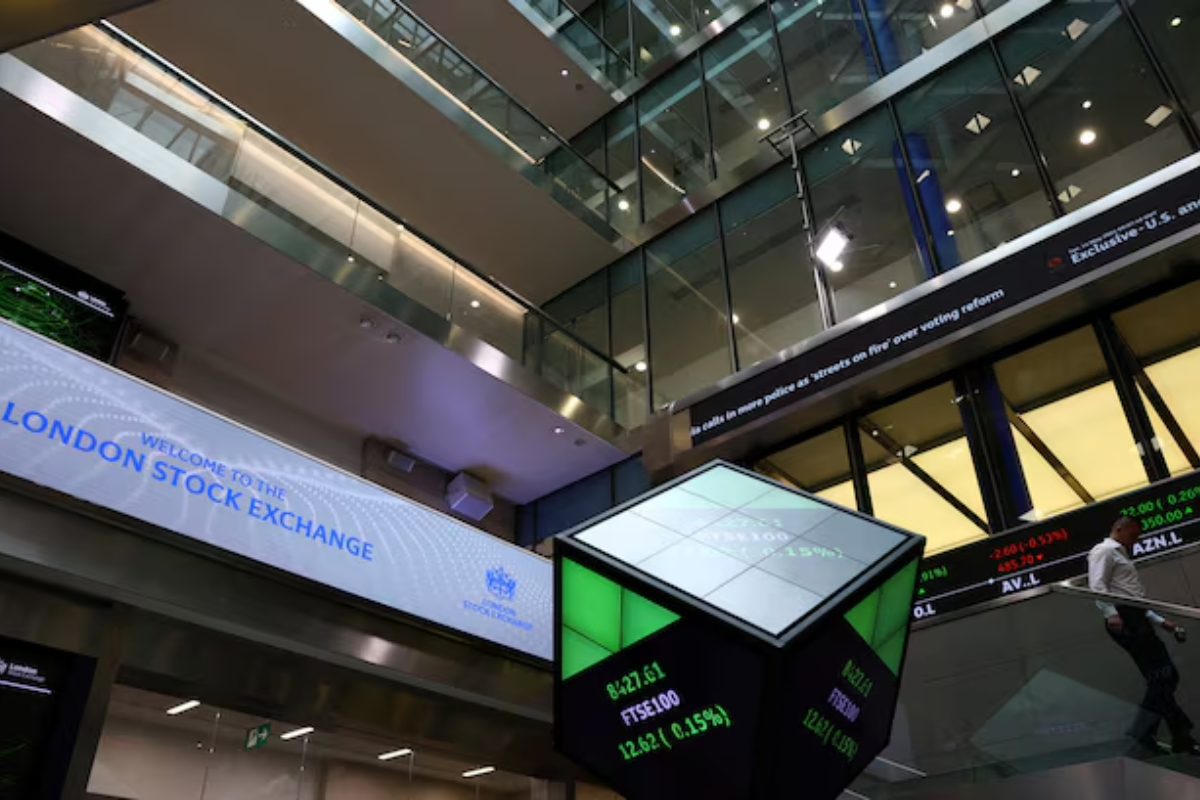UK stocks declined for a third consecutive day on Thursday as investors reacted to mixed corporate earnings and economic uncertainty. The FTSE 100, the benchmark index of the largest UK-listed companies, fell 0.6%, while the mid-cap FTSE 250 dropped 0.5%. The declines reflected broader market caution as traders assessed company performance and external risks.
Lloyds Banking Group was one of the few bright spots in the market, with its stock rising after the bank announced a share buyback program. The move signaled confidence in its financial position and ability to return capital to shareholders, helping it outperform the broader market.
Meanwhile, Ferrexpo saw its shares tumble as fears of nationalization in Ukraine rattled investor confidence. The company, a major producer of iron ore with significant operations in Ukraine, faced growing concerns about government intervention in the industry. The uncertainty surrounding its future weighed heavily on its stock price.
The latest round of corporate earnings delivered mixed results, contributing to the market’s cautious tone. While some companies reported stable performance, others struggled with ongoing economic challenges such as inflation, high interest rates, and weaker consumer demand. The lack of consistent positive earnings has made investors hesitant to take on additional risk.
Beyond earnings, broader economic concerns also played a role in the market’s downturn. Investors are closely monitoring interest rate policies from the Bank of England, as well as global economic trends that could impact UK businesses. Geopolitical risks, including tensions in Ukraine and the Middle East, have added to market uncertainty.
Analysts warn that unless earnings show more consistent strength, UK stocks may continue to face downward pressure. Companies with strong balance sheets and stable revenue growth may attract investor interest, while those struggling with economic headwinds could see further losses.
In the coming days, traders will focus on additional corporate updates, economic data releases, and central bank signals for clues about the market’s direction. The FTSE 100 and FTSE 250 remain vulnerable to fluctuations, with investor sentiment closely tied to financial reports and external economic developments.
For now, the UK stock market remains in a cautious phase, with mixed earnings and global uncertainty shaping its outlook. Whether stocks can recover in the near term will depend on corporate performance, interest rate decisions, and geopolitical stability.




